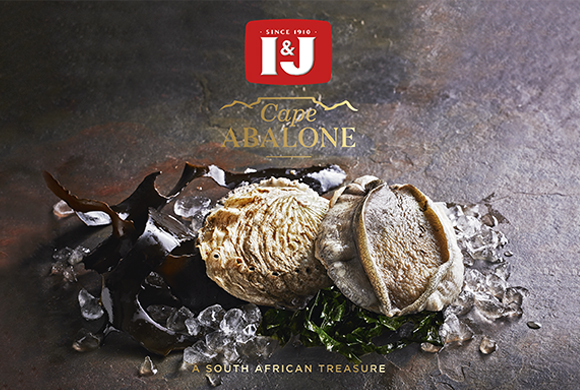THE IDEAL ENVIRONMENT
The pristine quality and ideal temperature of the ocean at Danger Point, along with an abundant supply of local nutrients, make this an ideal location for our farm.
I&J was one of the first abalone farms in South Africa to institute an integrated bio-filtration system in which over 7.2 million litres per hour of crystal clear water
are drawn from the sea and circulated through the farm. Water quality entering the farm is regularly monitored to ensure it is always absolutely clean.
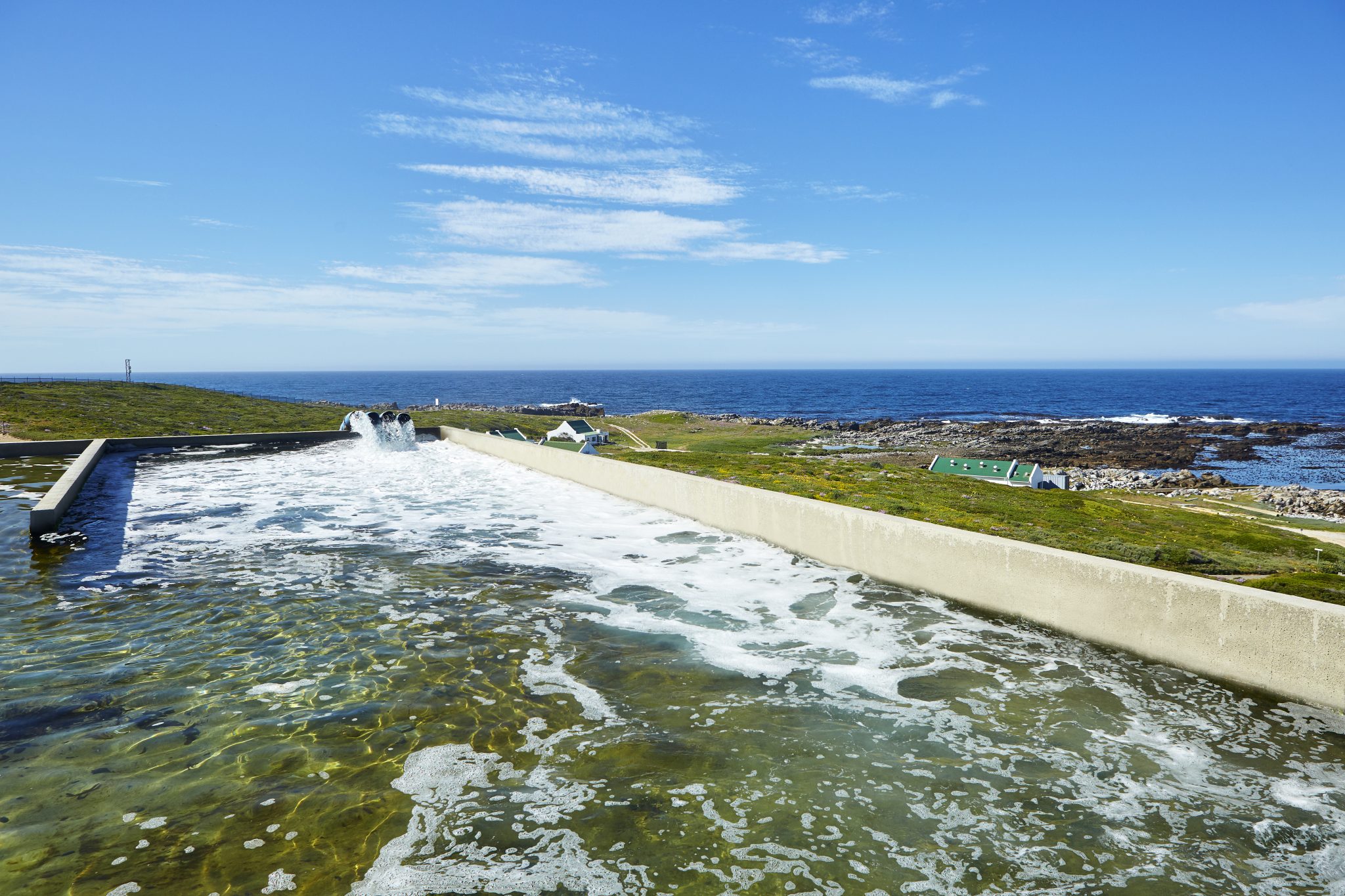
SUSTAINABLE & INTEGRATED AQUACULTURE
Our world-class team of marine biologists and engineers have integrated the world’s most advanced aquaculture systems to recreate
the natural environment and perfected the technique of growing premium quality Cape Abalone. This has been achieved through
pioneering research and development as well as tightly controlled breeding programmes that closely copies nature.
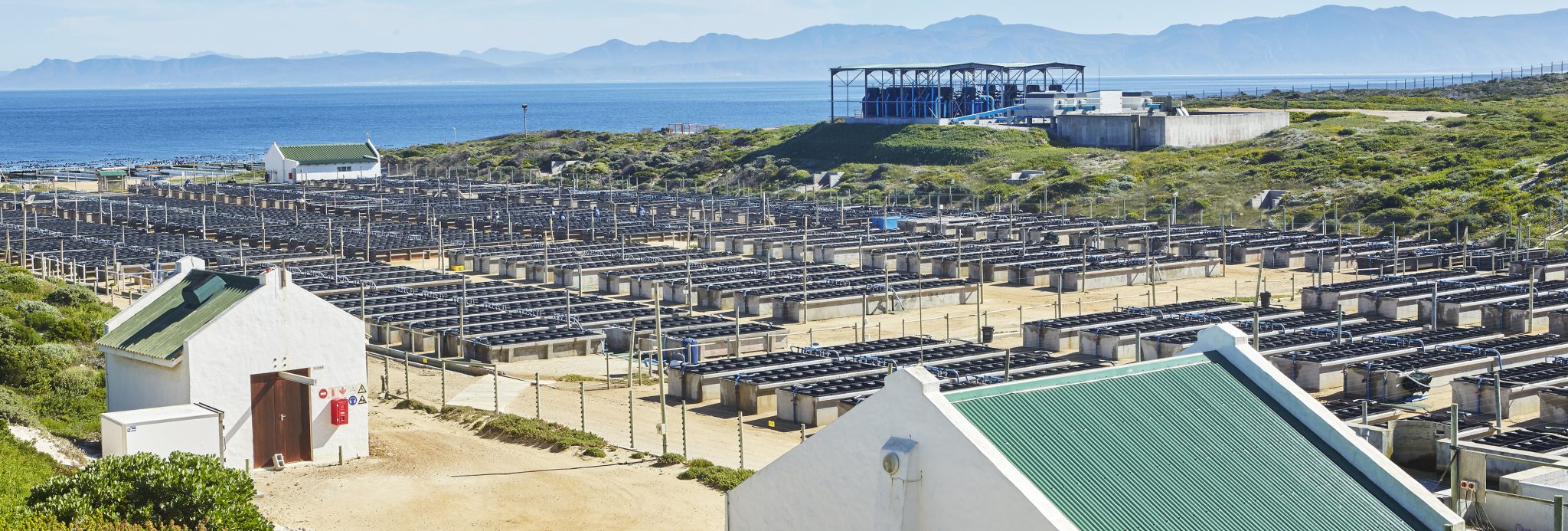
OUR SECRET INGREDIENT: PURE, NATURAL FEED
Ours was the first abalone farm in South Africa to feed a natural diet of specially cultivated micro-organisms. The feed consists mainly
of locally harvested kelp and Ulva seaweed that we grow in wastewater from the farm. The Ulva seaweed draws nutrients from
the wastewater, so that by the time the water is returned to the ocean it has been completely cleaned.
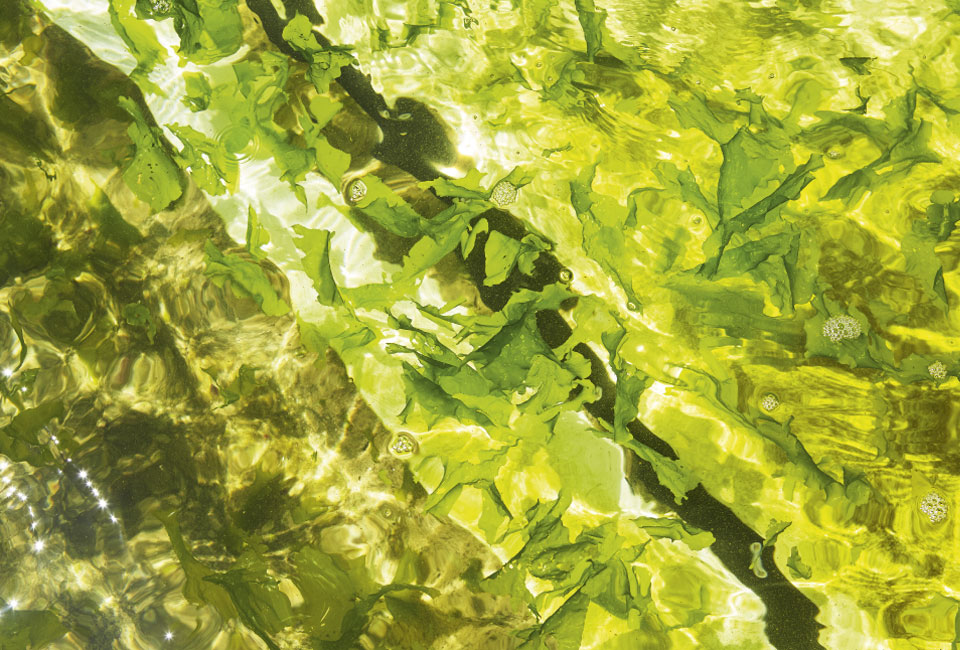
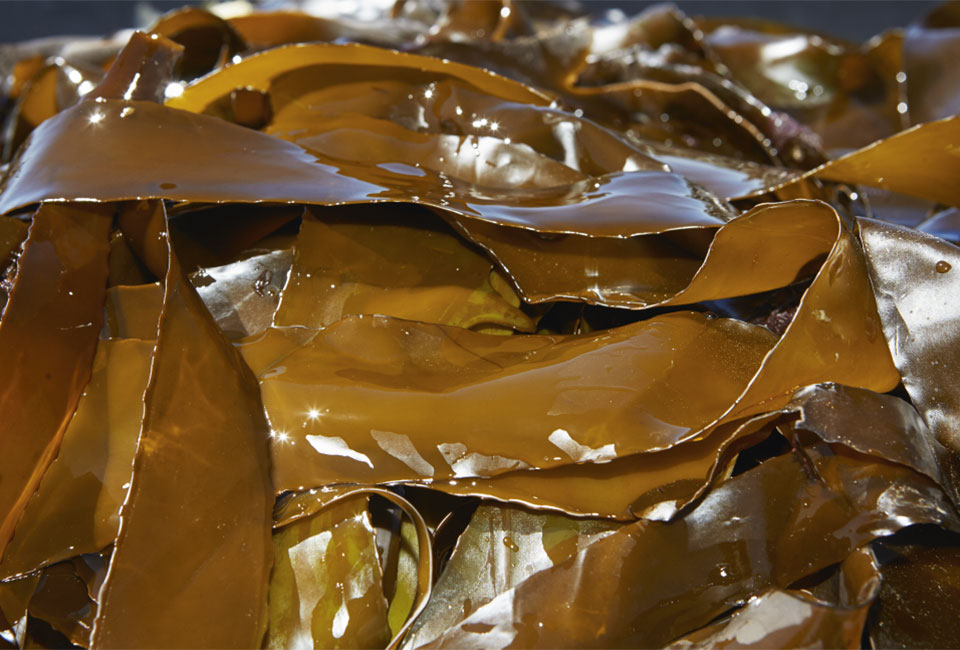
THE OTHER INGREDIENT: PATIENCE
Haliotis midae is a slow growing species, taking up to ten years to mature. The cycle begins in the hatchery, where the adults spawn.
The tiny larvae are moved to nursery tanks. There they mature into spat, and from there, the best young abalone are moved to grow-out tanks,
where they are fed on Ulva seaweed. Once they reach commercial size, they are selected for either live export
(packed directly at the farm) or sent to our processing facility for further processing.

Hatchery

Nursery

Settlement

Weaning

Growing Out
RESPONSIBLE FARMING
Our abalone farm at Danger Point was the first abalone farm in Africa and the second in the world to receive Aquaculture Stewardship Council (ASC) accreditation for responsible aquaculture. The ASC logo, displayed on our products, certifies that I&J products have met the ASC’s global standard for responsibly farmed seafood.
A PIONEER IN ABALONE AQUACULTURE
As far back as 1910, Irvin and Johnson or I&J, has been a world leader in catching, processing and marketing of a large variety of fish species.
Innovation has been part of I&J’s DNA from the beginning. That same spirit is evident in our entry into abalone farming and continues
to drive us to lead the way today. Here’s how it all began:
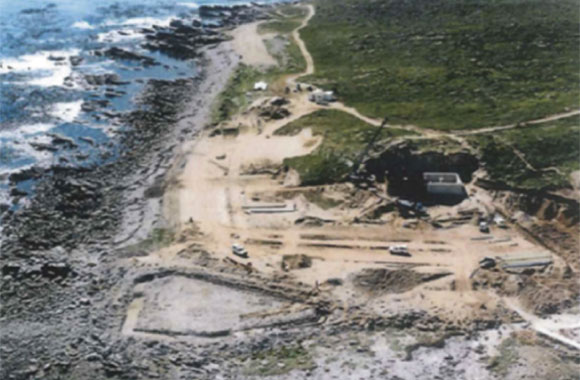
A prophetic land purchase
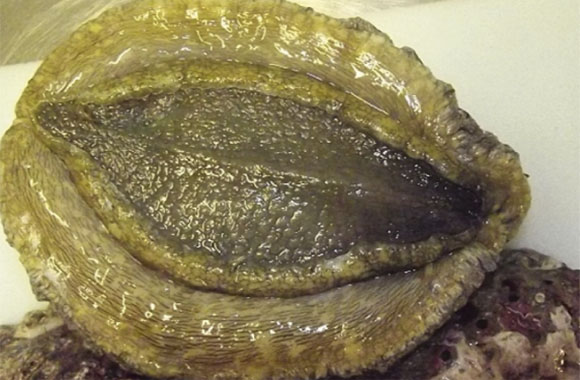
Wild abalone harvesting in Walker Bay
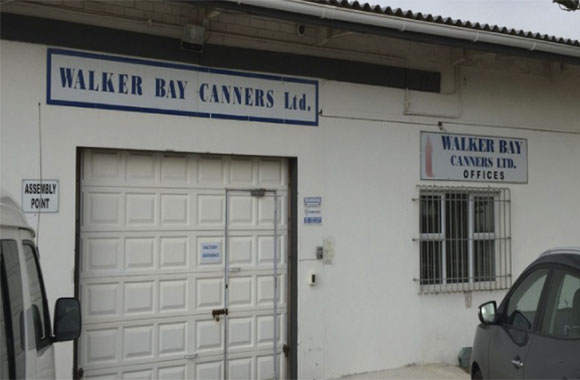
I&J takes over
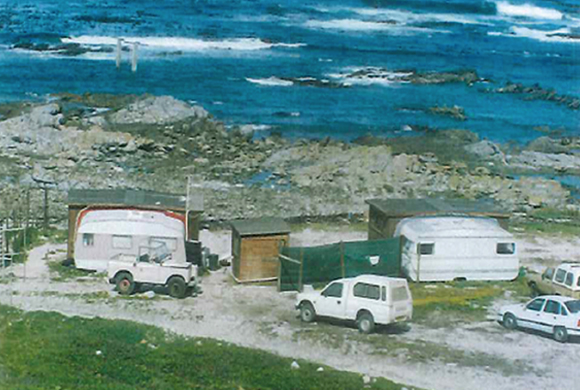
Research into abalone aquaculture
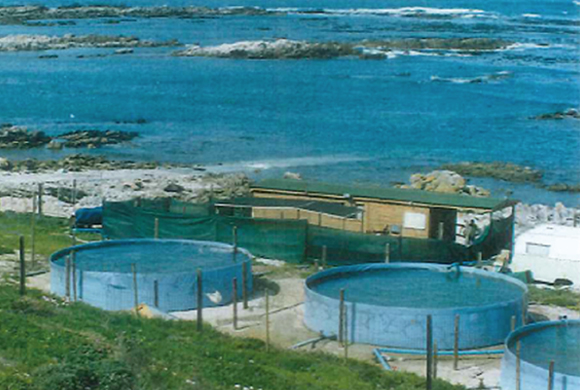
Groundbreaking for the farm
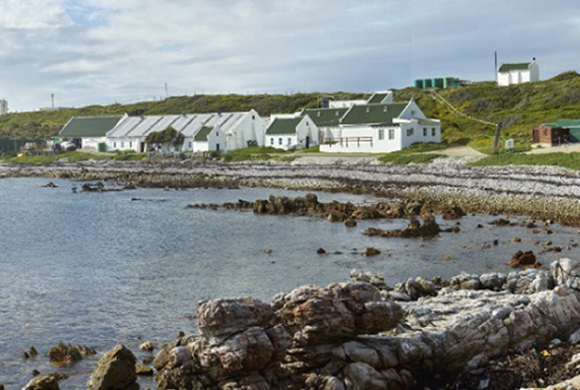
The farm takes shape
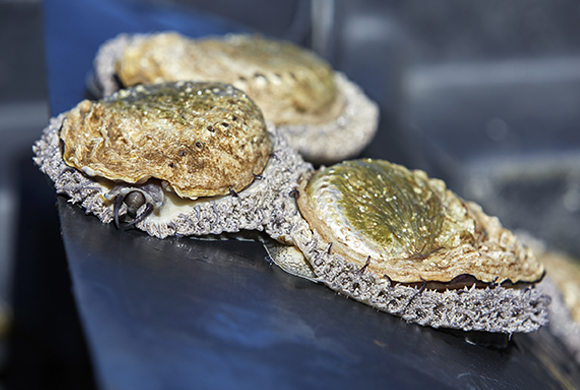
Commercial export begins
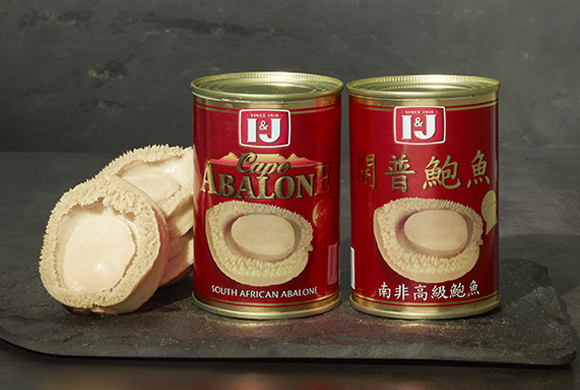
Canned abalone goes global
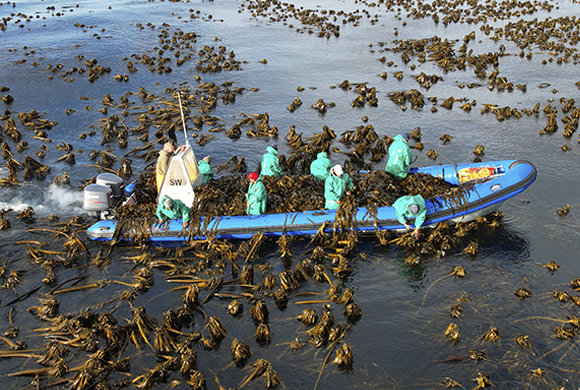
Upliftment
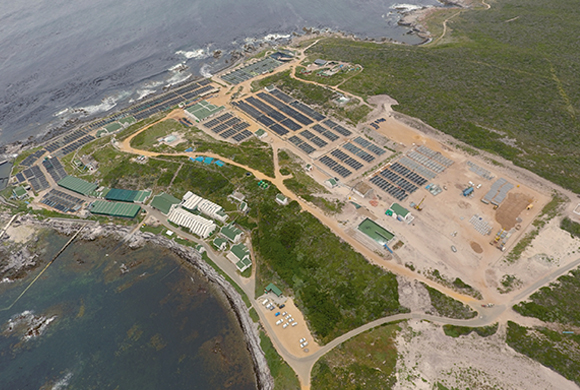
Demand grows
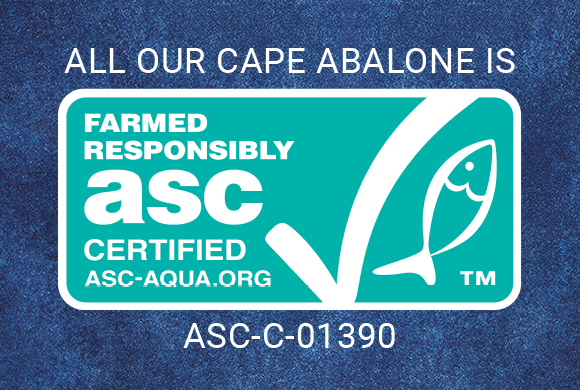
A first in sustainability
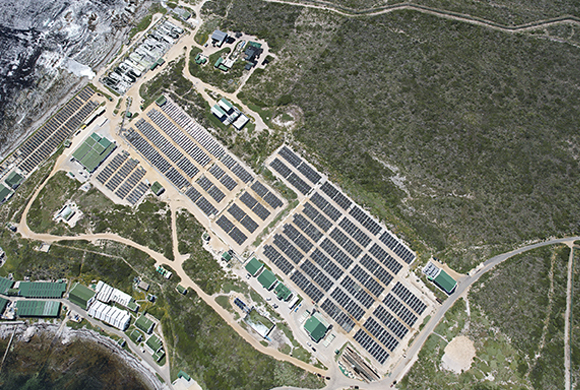
Capacity doubles
